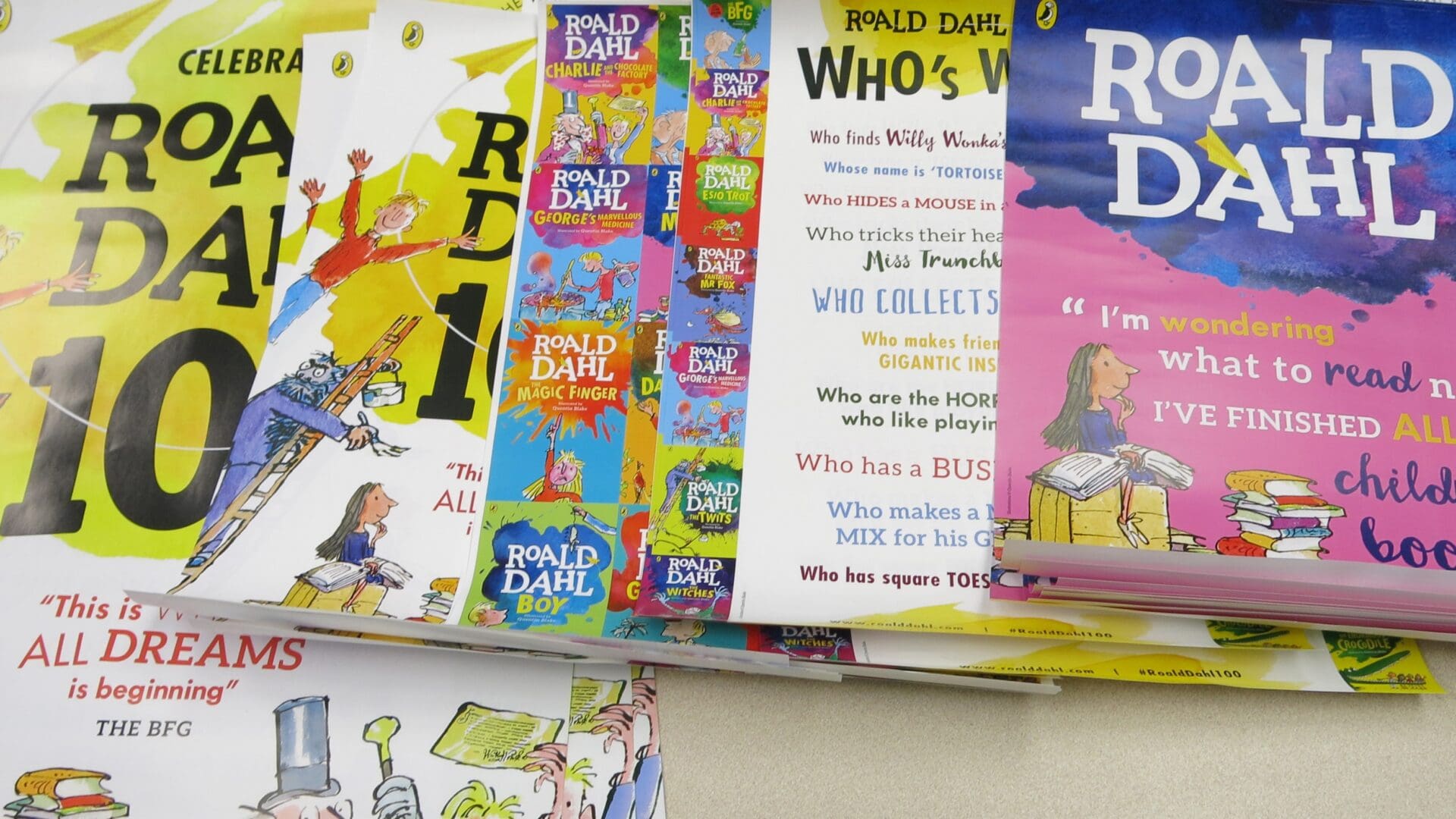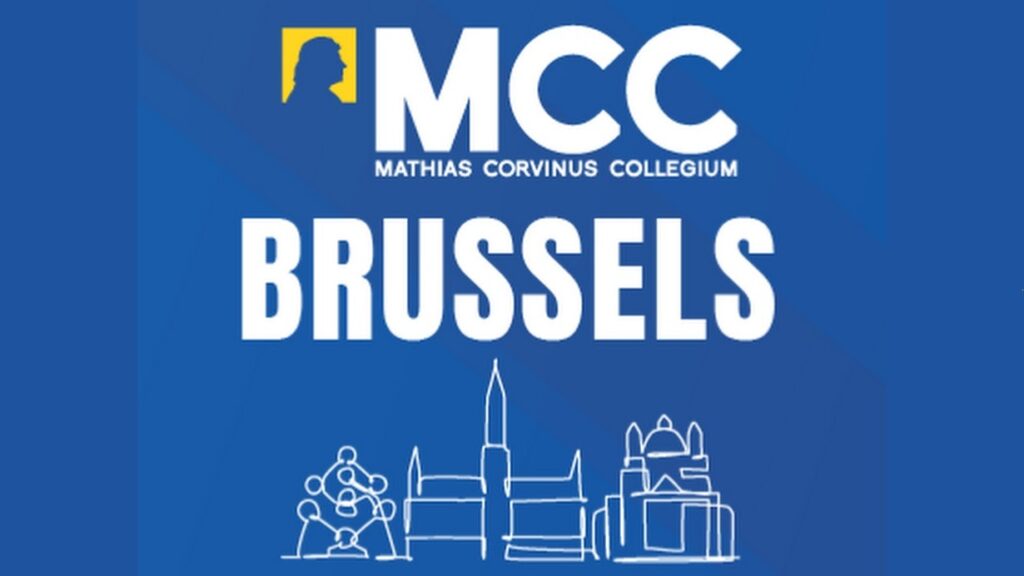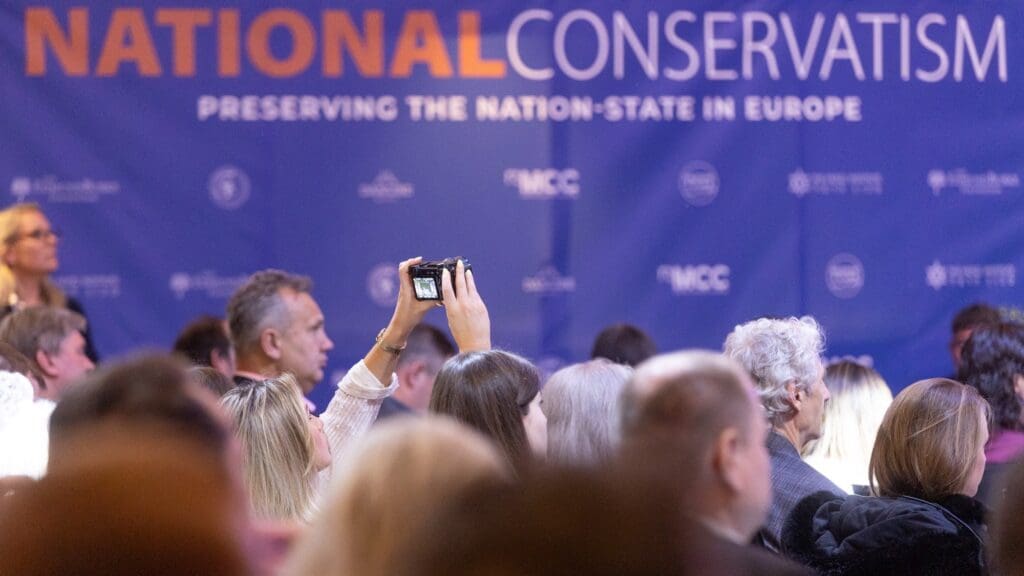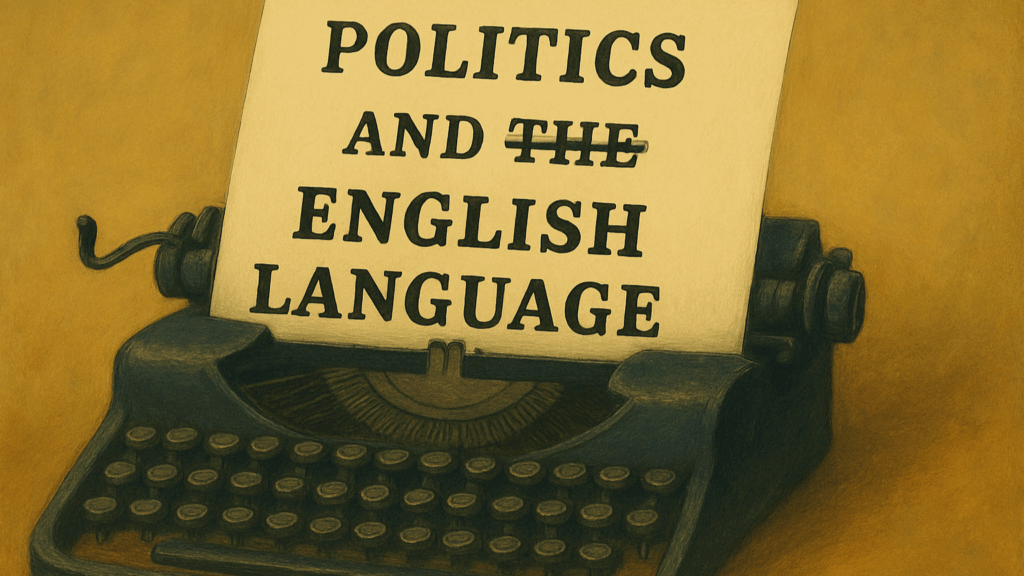The British publishing house Puffin Books, the longstanding children’s imprint of Penguin, has come under heavy scrutiny in the international press. Earlier this month, they decided to release new editions of books by 20th-century British novelist Roald Dahl with changes to the texts suggested by so-called ‘sensitivity readers’. This was a collaborative effort with the Netflix-owned Roald Dahl Story Company (RDSC).
The publishers tried to justify their decision with an editor’s note which reads:
‘Words matter. (…) This book was written many years ago, and so we regularly review the language to ensure that it can continue to be enjoyed by all today.’
Well, it appears that this explanation did not go down very well with many. Major publications, such as The Telegraph, The Atlantic, the BBC, and even CNN, which some would presume would be sympathetic to the woke cause, have run critical headlines about the issue on their online platforms.
Just to give a few examples of the changes, in the new editions, the character of Augustus Gloop in Charlie and the Chocolate Factory is no longer referred to as ‘fat’, but rather, ‘enormous’. Just like Mrs Twist in The Twists is no longer called ‘beastly and ugly’, she’s simply ‘beastly’ now. The ‘Cloud-Men’ from James and the Giant Peach are, for the sake of gender exclusivity, now called ‘Cloud-People’; while the Small Foxes in Fantastic Mr Fox have been made females for the same purpose. In the story The Witches, in which witches can be identified by wearing wigs, a new line has been added. It reads: ‘There are plenty of other reasons why women might wear wigs and there is certainly nothing wrong with that’.
Many people online have decried the action by the publisher as censorious— Hungarian-Canadian professor of sociology and author, head of MCC Brussels Frank Furedi, for instance.
'Updating language'! The publisher's euphemism for censorship and the political cleansing of literature.
— Frank Furedi (@Furedibyte) February 23, 2023
Roald Dahl publisher says it has ‘significant responsibility’ to protect young readers https://t.co/YbQcO994ZE
Now the words of Dahl can no longer reach the audiences as the author originally intended. They are being filtered through the criteria of a 21st-century ideology that is being retroactively imposed upon the original author, possibly against his posthumous will. Censoring works of art, often referred to stylised as ‘book burning’, is considered by some to be a telltale sign of an authoritative regime. To the credit of the many Western mainstream media outlets, not many of them embraced Puffin’s actions in the name of wokeness. However, it would be an exaggeration to say that there has been nothing but heavy pushback.
The Telegraph, while maintaining a critical tone, also concedes that ‘language evolves’, and ‘Few would defend retaining the “n-word” in contemporary publishing’. It is unclear from the context, but they may be referring to the rewriting (or, at times, outright removal) of the works by American author Mark Twain for using the racial slur, which sparked a similar controversy in the early 2010s.
The Life of Roald Dahl
Roald Dahl was born in 1916 in Cardiff, Wales to a family of Norwegian immigrants. He lost his father and one of his sisters within a year at three years old. During World War II, he heroically served in the British Royal Air Force, ultimately reaching the rank of Squadron Leader. In 1940, he miraculously survived a crash landing in a desert in Egypt that fractured his skull and left him temporarily blind.
Having lived through hard experiences like that, it is no wonder that he did not spend too much time considering if a child’s feelings would be hurt for reading the word ‘fat’. Perhaps it’s not a coincidence that another WWII vet-turned successful artist, Jewish-American comedian and filmmaker Mel Brooks has spoken up against the PC movement in art. In a 2017 interview with BBC Radio 4, he said that political correctness is ‘the death of comedy’ and that his classic films, such as Blazing Saddles from 1974, could never be made today because of the oversensitive culture.
There is no reason why Puffin would have to assume that our children would be so fragile that their psyche would be damaged by reading adjectives describing negative attributes.
Of course, if this gets to be a trend in children’s publishing, it may become a self-fulfilling prophecy.







